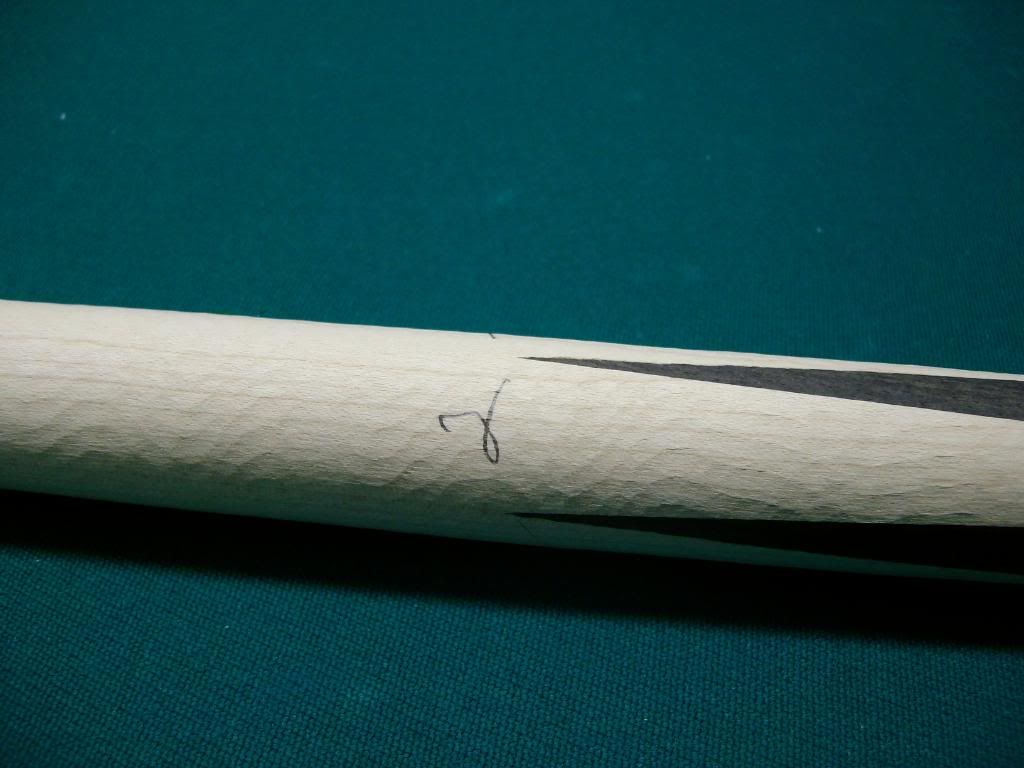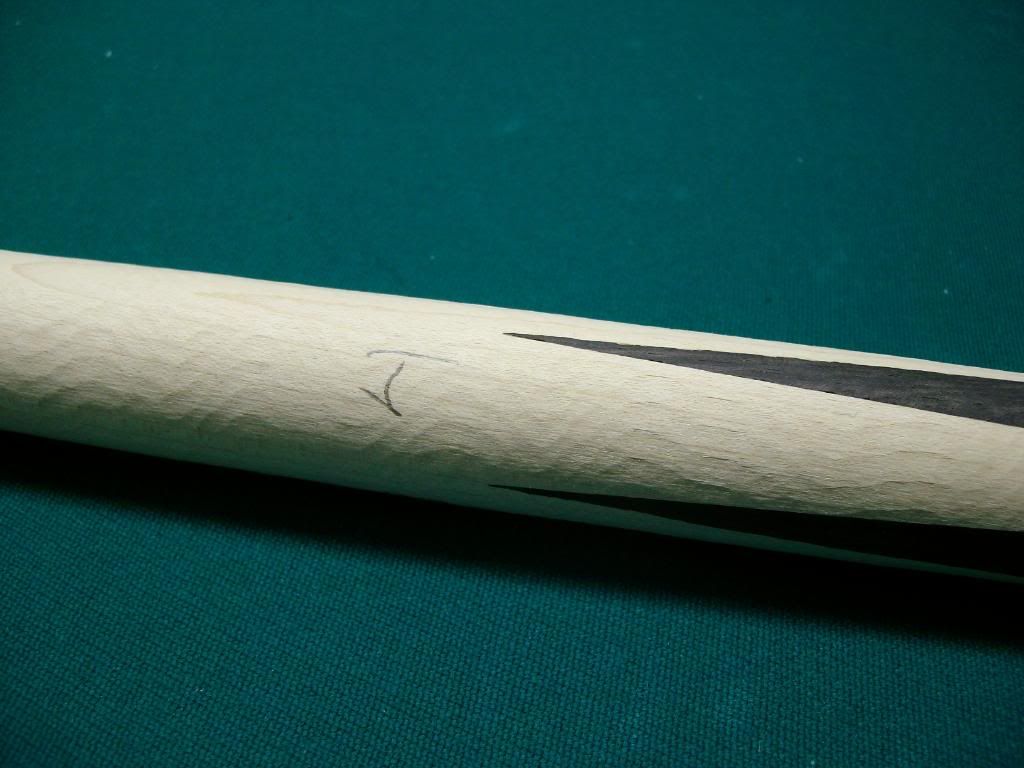he happened to get the 1 cue i made with someone elses blank he sold it as a jerry rauenzahn cue. i dont know if he didnt tell the buyer but i will find out....
Dave,
Your report on this instance brings another question to mind. In instances such as this, could it be that the original buyer of a cue who wants to know if the blank was provided by someone other than the guy whose name is on that cue, might want that information in case it will enhance the resale value of that cue? For example: if I buy an investment cue from maker "A" but then find out that the forearm was built by maker "B" and maker "B" is more famous than maker "A", then I'm going to want to tell everybody that I own a "B" cue. And then if I put that cue up for resale, telling potential buyers it is a "B" cue, shouldn't MY ethics be brought to question?
I'm not trying to be argumentative, I'm just trying to look at this whole "ethics" question from a different perspective.
Roger



